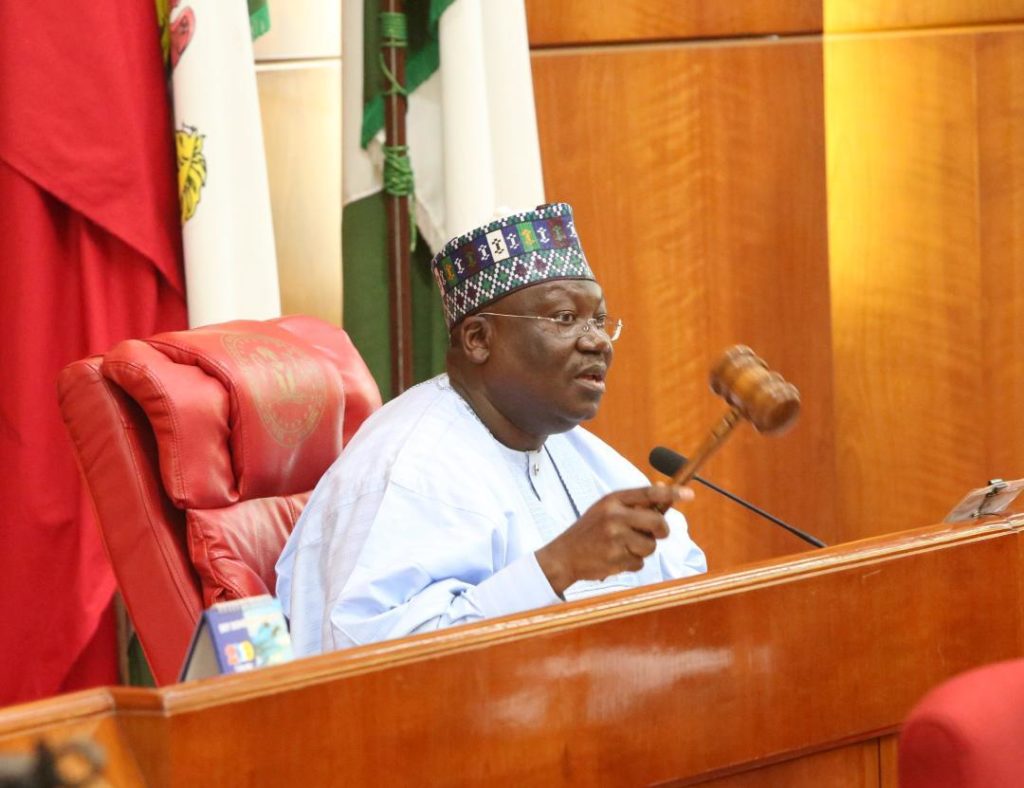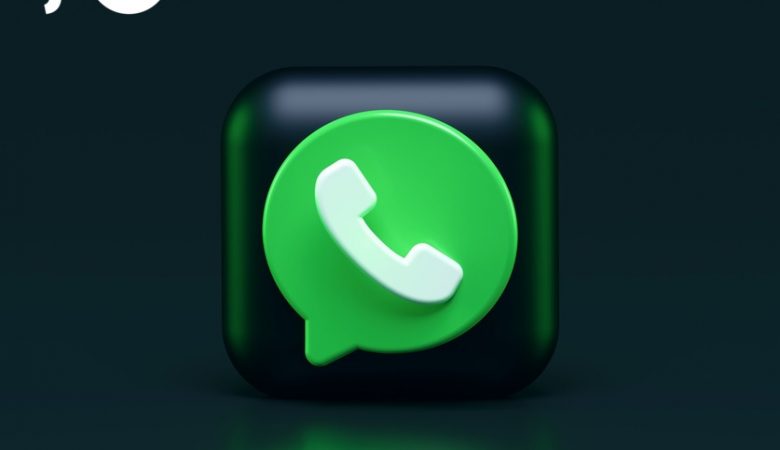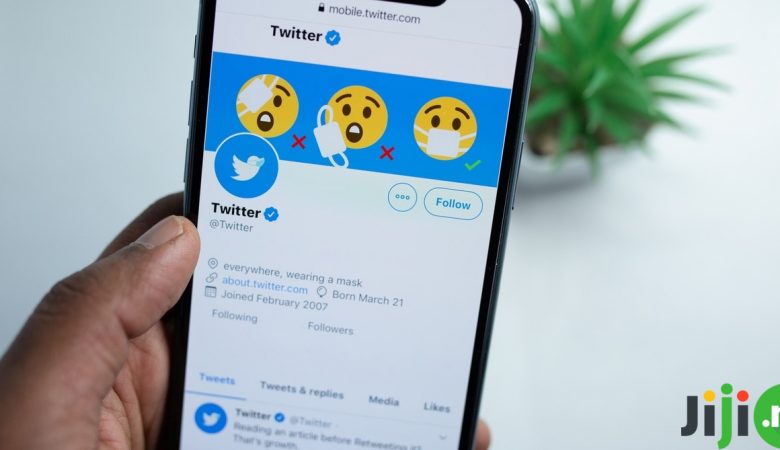The social media bill has become one of the biggest news items in Nigeria of the past month. The bill was met with so much anger from Nigerian internet users that there is a Change.org petition with over 70,000 signatures at the moment urging the politicians to stop the bill. This is everything you need to know about the Nigerian social media bill.
Browse your favourite social media with a new mobile phone from Jiji
1. The background
The African continent currently has over 100 million active internet users, and Nigeria boasts the highest number of internet users among all African countries. People use the internet for a variety of great things, but, naturally, negative things occur on the internet too.
For a while, the Nigerian internet space went relatively unregulated by the government. It all changed last week when the Senate heard the second reading of the social media bill. Going through the second reading increases the chances of the bill to become law. Here is how the social media bill can affect internet users in Nigeria.

2. The bill
The official name of the social media bill is Protection from Internet Falsehood and Manipulations Bill, 2019. It was sponsored by Mohammed Musa, who first introduced the bill to the senate a couple of weeks ago. Since then, the bill has been vocally supported by numerous Nigerian officials and has gotten a lot of backlash from the public.
The bill is intended to curb the spreading of false information on the internet. According to Mohammed Musa, false information is a big threat to the peaceful existence of Nigeria. Musa also said that while the internet has democratised information and made it more accessible, it has also made it a weapon.
The main objective of the bill is to “prevent the transmission of false statements or declaration of facts in Nigeria”. The bill will also attempt to end the financing of online mediums that transmit false statements, detect and control inauthentic behaviour and misuse of online accounts (parody accounts), and ensure that when a person posts political content for a fee, he or she discloses this fact.
The statement prohibits Nigerian individuals from transmitting statements that are false or that might affect Nigeria’s security and relationship with other countries. Statements that attempt to influence the outcome of any election or cause hatred toward an individual or a group of people are also prohibited.
So what is the punishment for those actions, according to the bill? The fines range from ₦150,000 for helping another person to knowingly transmit false statements to ₦5 million for corporate organizations found guilty in the same thing. There is also a possible prison sentence of 1 year or 3 years for people violating the bill.
Whenever the law enforcement department detects any violation of the social media bill, they will issue a declaration to the poster, who will then have the chance to publish the corrected statement in a newspaper or online media. If the poster declines to issue a correction, they will also be subjected to a fine or a prison sentence.

3. The reaction
Needless to say, the proposed bill was met with a strong negative reaction from the Nigerian public. People are claiming the social media bill will put an end to free speech in Nigeria and prevent individuals from stating their opinion if it differs from the official governmental statements.
Simi on Twitter
This Social Media Bill is very worrisome. We’re used to taking everything so lightly. I doubt most of us understand the implications of this if it gets passed. The things I’ve been reading are crazy. Freedom of speech is almost all the power we have left #SayNoToSocialMediaBill
Some people are also finding many similarities between Mohammed Musa’s bill and Singapore’s Protection from Online Falsehoods & Manipulation Act 2019:
EiE Nigeria on Twitter
The Bill is a replication of Singapore’s Protection from Online Falsehoods & Manipulation Act 2019 signed into law in June. Meanwhile, Singapore is a very bad example to copy from, it ranks 151 out of 180 in @RSF_en ‘World Press Freedom Index’. #SayNoToSocialMediaBill
Many Nigerian celebrities have also voiced their unhappiness with the bill:
Bolanle Olukanni on Twitter
Good morning ! Hope all is well. Well it’s not. If the social media bill passes law enforcement agencies have the right to shut down internet at any time.This means if we are shouting about something our government is doing.They can TURN OFF our internet! #SayNoToSocialMediaBill
Most Nigerian social media users envision a dark future for the internet should the bill become law:
Uncle Wilson™ on Twitter
TWITTER, 2006: Join the conversation. Wow! Tell us what’s on your mind! TWITTER, 2019: Your account was banned & a fine of up to N300,000 because you told the Government of Nigeria that the citizens lacked basic infrastructures. #SayNoToSocialMediaBill
The hashtag #SayNoToSocialMediaBill is becoming more and popular in Nigerian twitter, and there is a petition on Change.org urging the internet users in Nigeria to sign a petition against the social media bill. Meanwhile, the nation is waiting to see whether the bill will pass the review by the Senate’s judiciary committee, the third hearing, and, eventually gain assent from President Buhari.
Shop safely and with confidence on the Jiji app










